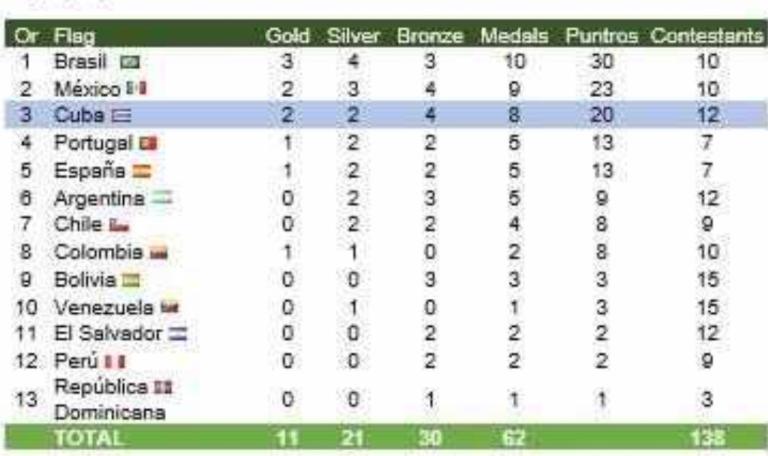The following is a very well-known problem, yet I recently found a nice solution involving convolutions.
You're given $$$K$$$ and $$$n$$$ and you must compute for all $$$k \in [0, K]$$$
Obviously, we want it $$$mod$$$ some $$$M$$$, but let's ignore it for now.
There're many ways of solving this problem, but here I focus on a particular one:
We start with some standard stuff, by expanding $$$\sum_{i=1}^n (i+1)^{k + 1}$$$. Through the Binomial Theorem we get:
.
Then, we can actually cancel out the LHS via some telescopic sum:
From there, we get a recurrence:
Now, let's expand the binomial coefficients and we get:
Now, let's define for each $$$t$$$: $$$A_{t}$$$ as $$$\frac{1}{(t+1)!}$$$ and $$$B_{t}$$$ as $$$\frac{1}{t!} S_t$$$. Notice that now the inner sum in the recurrence it's almost a convolution:
We have pairs $$$A_{i}, B_{j}$$$, and the sum of the products $$$A_i \cdot B_j$$$ is contributing to $$$S_{i+j}$$$. The main issue is that we can't do a single convolution between $$$A$$$ and $$$B$$$ in order to compute $$$S$$$, because we need $$$S$$$ to define $$$B$$$.
The alternative is to do some Divide and Conquer (thanks to Errichto who taught me this trick 2 years ago or more):
Let's say we want to compute $$$S_k$$$ for every $$$k \in [l, r]$$$. Let's say $$$p=\lfloor \frac{l+r}{2} \rfloor$$$. We'll have a recursive algorithm:
The idea is to first compute $$$S_k$$$ for each $$$k \in [l, p]$$$ recursively. Then to compute $$$\mathrm{B}[]$$$ for those values of $$$k$$$ and to apply the convolution. Then to update $$$S_k$$$ for all $$$k \in [p+1, r]$$$. Lastly, solve recursively for the other half ($$$[p+1,r]$$$).
Something like this, in a very Pythonic style:
def solve(l, r):
if l == r:
# base case, add the parts not related to the convolution
# use proper modular arithmetics
# ...
return
mid = (l + r) // 2
solve(l, mid)
convolve(A[1...r-l], B[l...mid])
update S[mid+1...r] with the results from the convolution
solve(mid + 1, r)
The final answer is computed by calling solve(0, K). Given that the sequences being convolved are of size $$$\mathcal{O}(r - l)$$$, we can convolve them in $$$\mathcal{O}((r - l)\log (r - l))$$$ time via FFT, giving a total time complexity of $$$\mathcal{O}(K\log^2 K)$$$.
As for modular arithmetics, notice we need the multiplicative inverse of all numbers $$$j \in [1, K+1]$$$, hence the modulo better be good (a big prime and also FFT-friendly).
That's all, I hope you like it. There are other ways of computing $$$S$$$, some of them quite interesting as well. I recommend going through them too.











